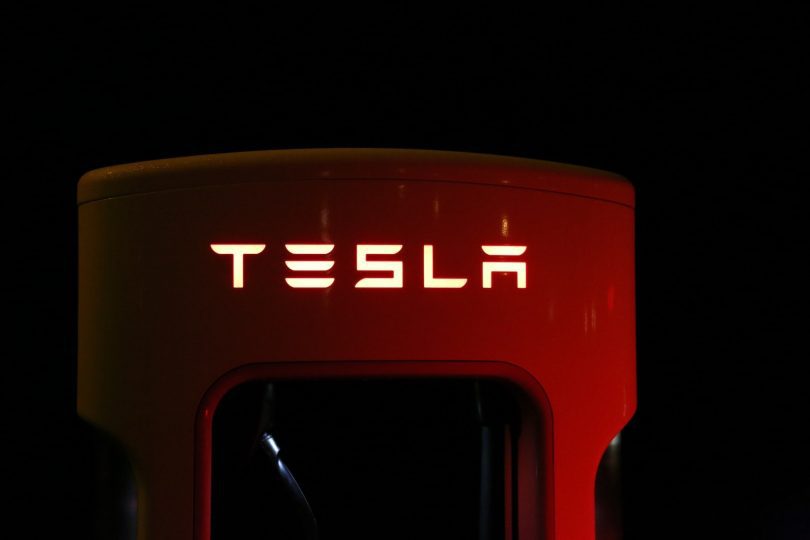According to testimony by a senior engineer, a 2016 video that Tesla used to advertise its self-driving technology was staged to depict capabilities like stopping at a red light and accelerating at a green light.
For quite some time, Tesla has advertised its self-driving capabilities, but recent evidence from a former Tesla engineer has brought the legitimacy of these claims into question. The engineer, who wished to remain unnamed, said that a Tesla Model S that was allegedly seen driving by itself on a public road in a 2016 video was actually faked.
Elon Musk, the CEO of Tesla, touted the video, which is still stored on the company’s website, on Twitter in October 2016 as proof that “Tesla drives itself.” Here is the video in question.
The footage was later manipulated to make it appear as though the car was driving itself even though the self-driving features of the vehicle were not really activated during the shot. The engineer’s statement sparked doubts about the veracity of Tesla’s self-driving boasts and made some people wonder whether the firm is transparent about the technology behind its autonomous vehicles.
Tesla has not yet responded to the engineer’s claims, but Tesla has a history of advertising its self-driving capabilities before implementing them. Elon Musk, the CEO of Tesla, announced in 2016 that all Tesla vehicles built after October of that year would include the hardware required for complete self-driving functionality. Tesla didn’t start distributing its “Full Self-Driving” software to all Tesla owners until 2020, though.
The event has sparked doubts not only about the company’s openness but also about the safety of the self-driving technology. It’s critical for businesses to promote new technology in an open and truthful manner, especially when it comes to something as significant as self-driving cars. Public misinformation regarding these vehicles’ capabilities can harm the company’s brand as well as endanger lives.
The latest testimony of a former Tesla engineer, in conclusion, raises severe concerns about the credibility of the company’s self-driving marketing and its openness on its autonomous vehicle technology. Companies must be open and truthful about the capabilities of their self-driving vehicles if they want to maintain consumer confidence in the technology and ensure public safety.








